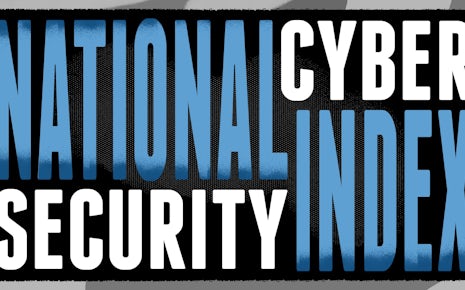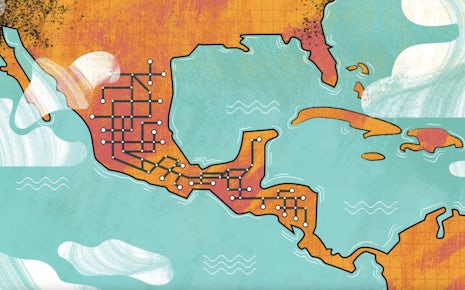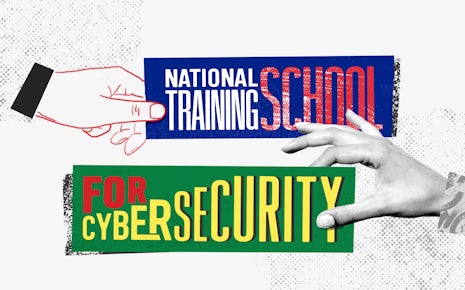The challenge

Disinformation poses a significant threat to society. Not to be confused with unintentional misinformation – that can have equally damaging consequences – disinformation is false or misleading information that is deliberately spread by nefarious actors to achieve certain economic, political, or social objectives.
Disinformation can undermine trust in public institutions, damage economic markets, feed social unrest, harm public health, undermine democratic processes, and destabilise states internally as well as their external relations. Often, disinformation campaigns are launched by state or state backed actors and in conjunction with other types of operations, such as cyber or kinetic operations.
It is in the interests of governments, civil society, businesses, and the media to maintain a well-informed public, foster a healthy info-ecosystem, and uphold our democratic values by combating disinformation campaigns and the actors that orchestrate them. Many tools and initiatives can be deployed to combat the spread of disinformation, such as fact-checking, media literacy education, promoting critical thinking skills, and strengthening digital resilience.
Well before the Covid-19 pandemic, and foreign interference campaigns in the 2016 Brexit referendum and US presidential election, clearly highlighted the dangers of disinformation, the EU had already taken action to tackle disinformation by launching the EUvsDisinfo project.




